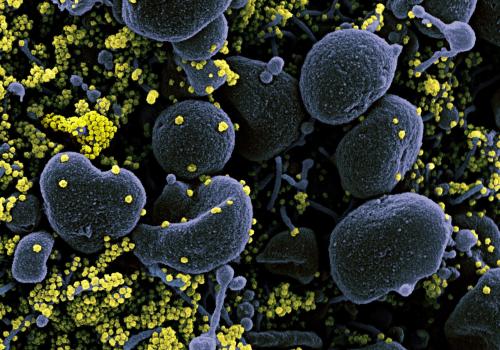About the CVR Scholar Hub
The CVR Scholar Hub makes available research that illuminates the virologic and immunologic underpinnings of coronavirus vaccinology and provides ways to go deeper into the questions raised by the goals and milestones laid out in the Coronavirus Vaccines R&D Roadmap.
The resources provided in the CVR Scholar Hub have been compiled and reviewed by CIDRAP CVR staff as part of the project's frequent monitoring of progress toward broadly protective coronavirus vaccines.
Who is a CVR Scholar? If you ask yourself the following questions and seek to understand more about how coronavirus vaccines are informed, built, tested, and licensed, then this page is for you.
- How do various cells play a role in the induction of systemic and mucosal immunity?
- How do different epitopes on the coronavirus nucleocapsid, membrane, ORF, and spike proteins affect immune response?
- What is known about potential immune correlates of protection and mucosal biomarkers of immunity?
- What informs the choice of animal models for studying infection, disease, and transmission associated with diverse coronaviruses?
- What are the advantages and disadvantages of current platforms and technologies being used to develop coronavirus vaccines?
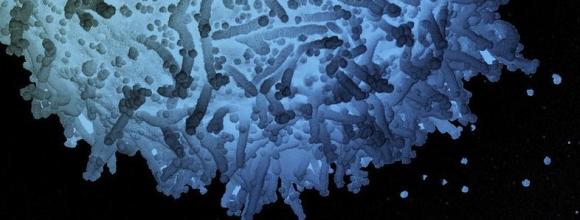
Adjuvants Used in BPCV Candidates
Learn more about the formulation, mechanism of action, safety profile, and immunogenicity of adjuvants studied as part of broadly protective coronavirus vaccine research.
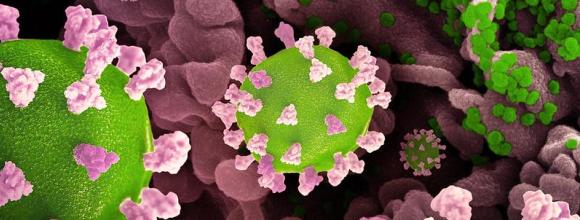
Animal Models for Coronavirus Research
Delve into the advantages, limitations, and ethical and logistical considerations of different animal models for studying susceptibility, transmission, shedding, and pathology related to SARS, SARS-CoV-2, MERS, and seasonal coronaviruses.
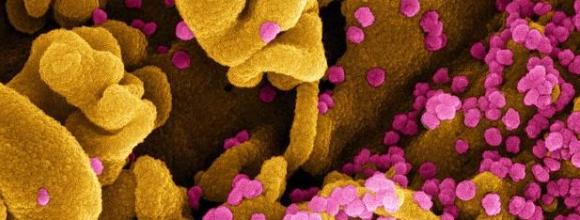
Biomarkers for Mucosal Immunity
Discover research on sample types, detection methods, and scope of protection against infection, disease, and transmission associated with different mucosal biomarkers.
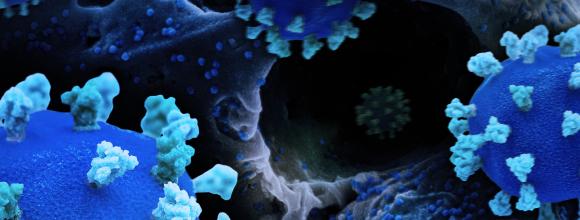
Broadly Conserved Coronavirus Epitopes
Examine what is currently known about the function, conservation, and immune response of coronavirus spike glycoprotein epitopes and nucleocapsid, membrane, and ORF3 T-cell epitopes.
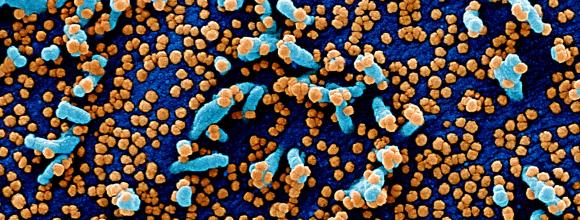
Coronavirus Vaccine Platforms
Explore the functions, advantages, and disadvantages of diverse platforms for developing broadly protective coronavirus vaccines
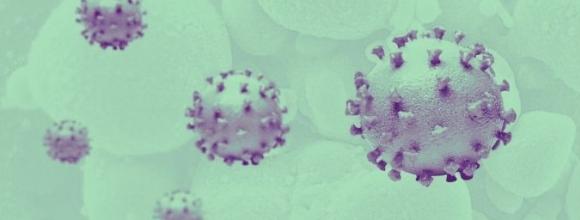
Coronavirus Receptors
Learn more about receptor use and hosts in unclassified and alpha-, beta-, gamma-, and deltacoronaviruses; receptor distribution in human tissues; and animal models for studying coronavirus receptor use.

Immunological Assays for Coronavirus Vaccine R&D
Explore mucosal and systemic immunological assays by sample type and performance.
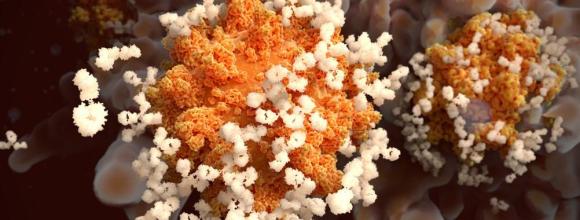
Mucosal vs. Systemic Immunity to Coronaviruses
Explore the roles of different cells and proteins—as well as effects associated with the microbiome, immune imprinting, age- and sex-related variation, infection, and vaccination—on mucosal versus systemic immunity to coronaviruses.
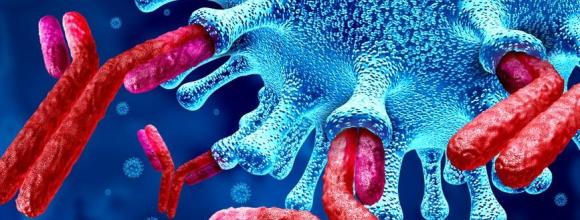
Potential Broadly Protective Coronavirus Antibodies
Learn more about the mechanisms of action by which possible broadly protective coronavirus antibodies target different regions of the spike protein.
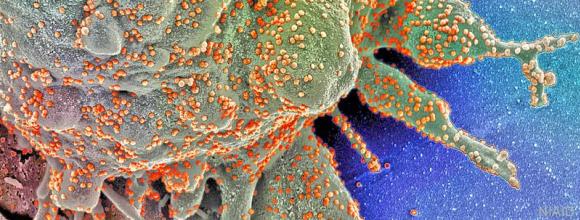
Potential Immune Correlates of Protection for Coronavirus Vaccines
Discover research on the features of immunologic protection associated with neutralizing and binding antibodies, T-cell responses, IgA titers, and cytokine-based reactions.
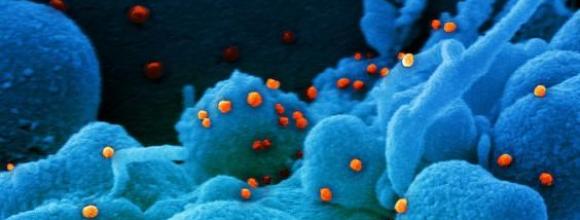
Repositories for Coronavirus Research
Find biobanks and repositories of biospecimens, viruses, antigens, reagents, adjuvants, genomic and viral lineage data, and animal models.
